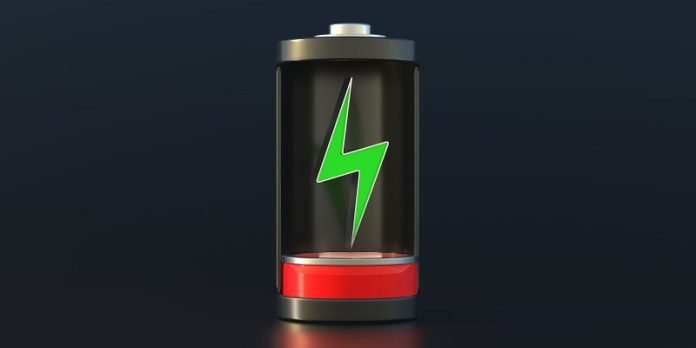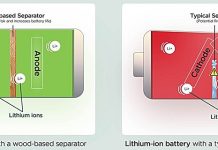
Engineers at the University of Sheffield have made a significant breakthrough in battery technology.
They’ve developed a new method that can easily check the internal health of lithium-ion batteries.
These batteries are the powerhouse behind many of our daily electronic devices and electric vehicles.
The research, published in the Journal of Energy Storage, introduces a technique that could detect battery problems much earlier than before.
It’s a big deal because it means batteries could last longer, reducing the need for new ones and cutting down on electronic waste.
The University of Sheffield’s mechanical engineering team used a unique approach. They applied an ultrasonic wave to ‘reverse engineer’ a lithium-ion battery cell.
This is the first time such a technique has been used. Currently, the standard method to inspect these batteries is through X-ray machines. However, X-rays are costly and not practical for many businesses and consumers.
Lithium-ion batteries are everywhere – in our phones, laptops, and electric vehicles. But when these batteries get damaged, it’s often too late to fix them.
We usually notice these problems when the battery swells or stops working, which is often beyond repair. This new method from Sheffield could change all that, allowing problems to be spotted and fixed before they get worse.
This discovery is great news for manufacturers. It means they could spot defects during the production process, reducing the number of faulty batteries that end up with consumers. It’s also beneficial for servicing.
A more accurate battery health assessment can be provided, which is particularly important for electric vehicles and consumer electronics like laptops and mobile phones.
The technique could lead to the development of small sensors that could be attached to batteries for real-time health monitoring.
This is especially exciting for electric vehicles, where battery health is crucial for determining how far the car can travel before needing a charge.
Royce Copley, the lead author of the study, highlights the importance of lithium-ion batteries in our daily lives.
He points out that battery issues can be frustrating, especially when they occur in new devices. The Sheffield technique could end these problems by identifying them before the batteries reach consumers.
Professor Rob Dwyer-Joyce, another researcher in the study, believes that this method could make batteries in our devices more reliable.
While it’s still in the early stages and needs further development, it shows great potential for use in both production and servicing phases.
The Sheffield team is now seeking an industrial partner to help develop this technology further. Professor Dwyer-Joyce expresses excitement about this breakthrough and looks forward to seeing where this technology will lead.
In summary, this innovative approach from the University of Sheffield could change the way we maintain and service batteries, making them more reliable and longer-lasting. It’s a promising step forward in the world of battery technology.
Source: University of Sheffield.



